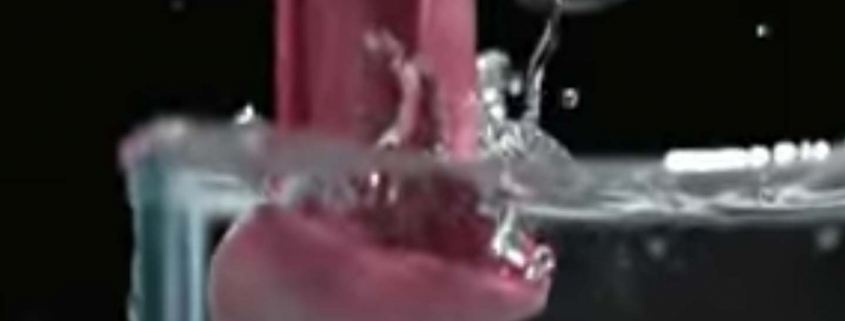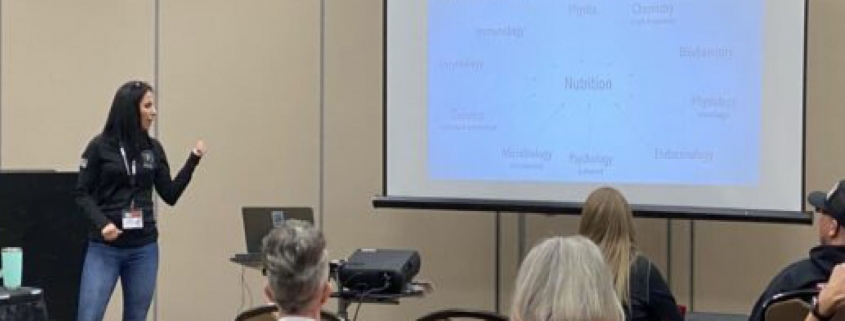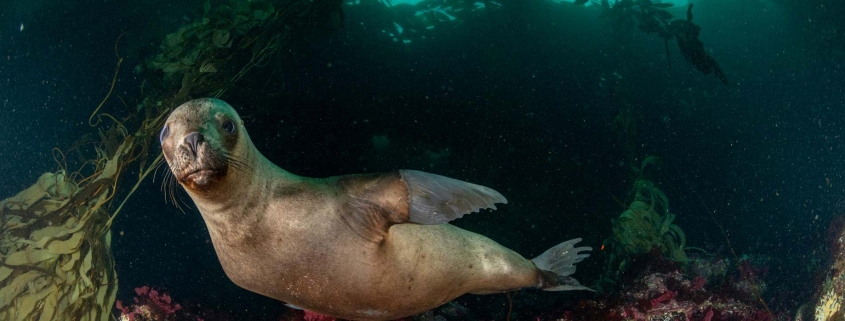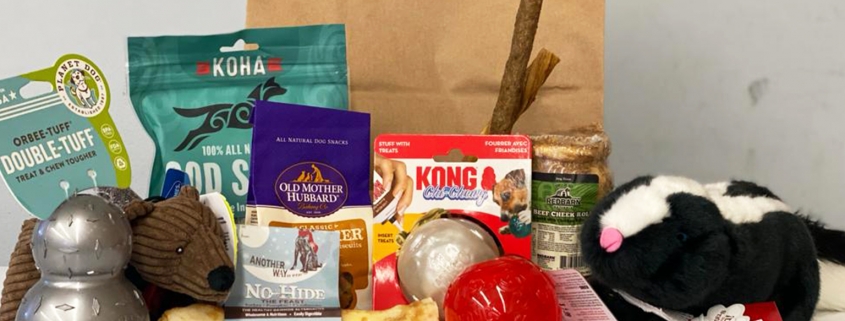Evidence shows that risk factors for DCM is multi-faceted and is not related to a grain-free diet.
INTRODUCTION:
Since 2018, Canine dilated cardiomyopathy (DCM) has been a hot topic in the pet food industry, the veterinary community, the press and among pet owners. Although some veterinarians hypothesized there may be a potential association, there has never been a proven direct link (i.e., cause and effect) to grain-free foods (both over the counter or therapeutic) causing DCM in dogs including the FDA investigation. Unfortunately, the FDA’s original request was for cases involving grain-free pet food only, and that is what people keep sending in (which has resulted in a biased and polluted data pool). Perhaps if the FDA asked veterinarians and the public to send in all cases, regardless of diet, we may have seen something else, like the whole picture or a specific nutrient or lack thereof could be the issue.
FDA 2020 DCM UPDATE:
In late September 2020, the Food and Drug Administration (FDA) quietly issued an update on the grain-free pet food and canine dilated cardiomyopathy (DCM) investigation that was a far cry from – and far less publicized than – the initial FDA reports and updates back in 2018 and 2019. In other words, the FDA walked back their initial reports implying a causation between grain-free foods and DCM. Unfortunately, this did not make the headlines.
Since the initial reports, Vet-LIRN (the veterinary laboratory network that FDA partnered with for the investigation) closely examined a subset of approximately 150 dogs diagnosed with DCM to identify potential causative and recovery factors. The results show that DCM is indeed a multifactorial issue with potential variables including, but not limited to, breed, age, weight, gastrointestinal disease, atopy, infection (Lyme and Chagas disease) and more. These results are not surprising. Recently, McCauley et al (2020) reviewed over 150 studies which found no cause-and-effect link of grain-free food to DCM (see figure below). In fact, their review found similar variables related to DCM like infections and concurrent diseases.
Dr. Steven Solomon, director of the FDA’s Center for Veterinary Medicine, acknowledged that the “complex scientific messaging” on DCM and diet has contributed to misinterpretation about the safety of a grain-free diet. Dr. Solomon encouraged dog owners to select the diet that works best for their pet’s nutritional needs and previewed more multidisciplinary, scientific collaboration between the industry, veterinarians, scientists, and other researchers that will further the understanding of DCM.
Solomon also acknowledged:
“This is one of our ongoing struggles: choosing terminology that is scientifically accurate, understandable to pet owners and that does not cast a shadow over products that are otherwise known to be healthful and safe. I appreciate the fact that FDA’s voice is the voice veterinarians and pet owners listen to, yet too often our messages have been repeated inaccurately by third parties. The result is that in the internet age of phenomenally fast sound bites, complex scientific messaging is often lost in translation. We have tried to be careful in our messaging, and we recognize going forward not to speak on this topic publicly unless we are clarifying information or have something substantive to share.”
In addition to acknowledging the lack of connection of grain-free foods with DCM and the miscommunication because of oversimplified sound bites, the FDA provided and a new Question and Answer page on November 3rd which reinforced that grain-free diets were not inherently dangerous and that there has been no link between DCM and grain-free diets established. The FDA still recognizes the incidence of DCM and will continue their investigation into non-hereditary factors to better understand the disease. The FDA also acknowledges that they have received reports of non-hereditary DCM associated with BOTH grain-free and grain-containing diets (Q&A #8).
SO, WHAT DO I DO?
If your veterinarian wants to convert you from your current food to their recommended food, it is important to discuss the science behind the “why?”. In fact, the field of nutrition is evolving and advancing, and consumers and veterinarians can benefit from these conversations and by asking questions that help evaluate true quality of pet foods. The truth is that much of the information available for ALL pet foods revolves around marketing rather than nutrient inclusion and availability, but the good news is that you can help change that. Asking the following questions about the food(s) veterinarians recommend and all pet foods in the marketplace can help raise standards and encourage knowledge sharing based on science rather than marketing:
- Who formulated the food you are recommending in the marketplace?
- Do they perform 3rd party nutrient analysis, and do you have a copy of the data?
- Do they perform 3rd party digestibility studies, and do you have a copy of the results?
- Does their manufacturing facility (owned or not) have a third certification for quality control and food safety?
- Where do the calories in their food come from?
Asking the veterinarian these key questions, will challenge them to think differently about the food they are recommending and come to the realization that the foods they are recommending may be missing this key critical information. Knowing the answers to these questions will enable you to have an open dialogue and make a more informed decision for your pet. This is no different than human medicine. Keep in mind the DCM debacle was started by lack of information tied to nutrient content and availability of the nutrients. Therefore, asking questions #2 and #3 are critical when choosing the right food for your pet. Additionally, when veterinarians started recommending and moving people to Hill’s, likely they were embarrassed, angry and lost credibility with their clients following one of largest recalls in history tied to Vitamin D toxicity which killed and sickened hundreds of pets (question #4).
KEY TAKE AWAY:
DCM is not caused by grain-free foods, regardless what a news headline says – as the data does not support this statement. Rather than blaming an ingredient or set of ingredients for any health concern we should instead be focusing on the nutrient analysis and digestibility of all foods in the marketplace to prevent future problems (including grains and ancient grains). For many of us that have studied nutrition, we know that the nutrient content and availability of those nutrients can be significantly impacted by processing conditions.
Using these questions when choosing a food for your pet you should be able to get answers from the manufacturer or from the veterinarian recommending that food. This will enable both of you to have an open discussion about the nutrition of your pet and more importantly help you become an advocate for what you feed your pet. As always if your pet has any health-related issues you should seek veterinary medical advice immediately.
RESOURCES:
Dr. Solomon’s Full Statement
https://www.fda.gov/animal-veterinary/cvm-updates/interdisciplinary-scientific-cooperation-will-lead-way-understanding-non-hereditary-dcm
Questions and Answers: FDA’s Work on Potential Causes of Non-Hereditary DCM in Dogs
https://www.fda.gov/animal-veterinary/animal-health-literacy/questions-answers-fdas-work-potential-causes-non-hereditary-dcm-dogs
DCM and grain-free pet food: September 2020 FDA update
https://www.petfoodindustry.com/blogs/10-debunking-pet-food-myths-and-misconceptions/post/9729-dcm-and-grain-free-pet-food-september-2020-fda-update
‘BEG’ pet food and DCM, part 2: Is veterinary bias at play?
https://www.petfoodindustry.com/blogs/10-debunking-pet-food-myths-and-misconceptions/post/8475-beg-pet-food-and-dcm-part-2-is-veterinary-bias-at-play
‘BEG’ pet food does not equal DCM
https://www.petfoodindustry.com/blogs/10-debunking-pet-food-myths-and-misconceptions/post/8369-beg-pet-food-does-not-equal-dcm
McCauley et al. 2020: Review of canine dilated cardiomyopathy in the wake of diet-associated concerns
https://academic.oup.com/jas/article/98/6/skaa155/5857674
Weird science: Published pet food studies not always sound
https://www.petfoodindustry.com/blogs/10-debunking-pet-food-myths-and-misconceptions/post/9339-weird-science-published-pet-food-studies-not-always-sound
WSAVA pet food recommendations: Useful or useless?
https://www.petfoodindustry.com/blogs/10-debunking-pet-food-myths-and-misconceptions/post/9654-wsava-pet-food-recommendations-useful-or-useless
Pet Nutrition Alliance provides false sense of security
https://www.petfoodindustry.com/blogs/10-debunking-pet-food-myths-and-misconceptions/post/8190-pet-nutrition-alliance-provides-false-sense-of-security
Evidence shows that risk factors for DCM is multi-faceted and is not related to a grain-free diet.

McCauley et al., 2020. Review of canine dilated cardiomyopathy in the wake of diet-associated concerns. Journal of Animal Science. 98, No. 6: 1-20
Link: https://academic.oup.com/jas/article/98/6/skaa155/5857674
ABOUT THE AUTHOR:

Ryan Yamka, PhD, MS, MBA, FACN, PAS, Dipl. ACAS is founder and an independent consultant with Luna Science and Nutrition, and co-Founder of Guardian Pet Food Company. He is board certified in companion animal nutrition by the American College of Animal Sciences and a fellow with the American College of Nutrition. Yamka calls on his extensive background in pet nutrition, and 20+ years developing, formulating and launching dog and cat foods as a senior executive with leading pet food companies. Yamka has received the 2020 Rogue Pet Science Pet Industry Disruptor Award, the 2019 Pet Age ICON Award and the 2011 ASAS Corbin Companion Animal Biology Award. Dr. Yamka writes a series of blogs Debunking Pet Food Myths and Misconceptions for Pet Food Industry and has been featured in numerous podcasts and seminars.
To learn more about Ryan, check his background credentials on LinkedIn (www.linkedin.com/in/ryanyamka)













